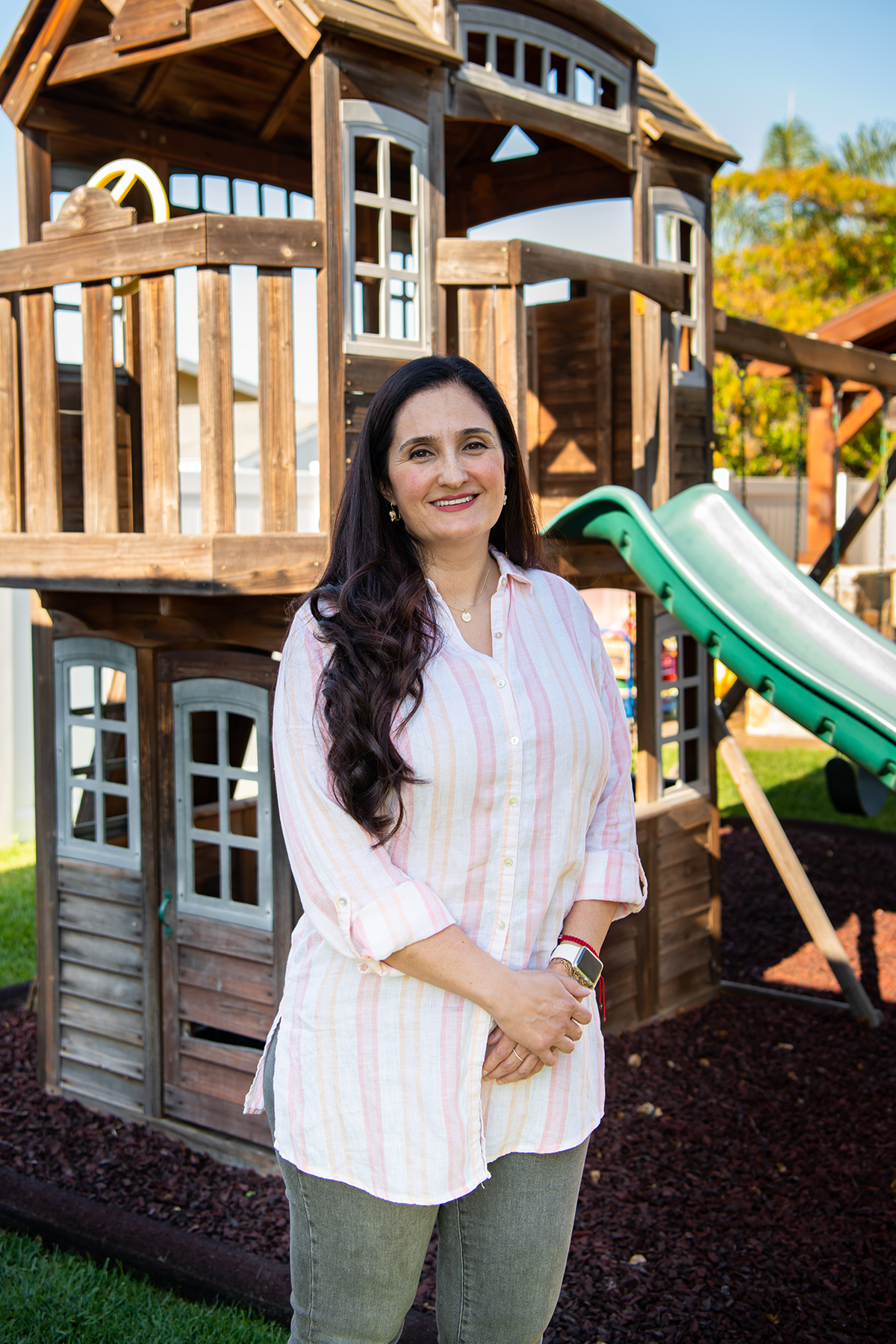
At Little Blossoms Child Care in Chula Vista, Calif., children and their caregivers talk germs daily.
While the topic has always been a priority for owner and manager Miren Algorri, she has approached it with renewed focus since the outbreak of the novel coronavirus.
As a child care provider, she is often the first to educate young children on how to keep germs at bay, including proper handwashing technique, sneezing into your elbow and washing your hands if you touch your nose.
“Now when children sneeze into their elbow, we ask them to take off their garment and put it in a plastic bag,” Algorri explains. “We’re being a little more mindful and cautious.”
The coronavirus pandemic has sickened nearly 200,000 people worldwide, including a rapidly growing number in the United States – more than 7,000 confirmed cases as of this writing. While most serious cases of COVID-19, the disease caused by the virus, are among the elderly, children can be carriers. As such, child care providers are playing a key, behind-the-scenes role in keeping our communities safe.
“A teacher is potentially saving lives by teaching proper handwashing procedures that most grownups take for granted,” says Algorri, a member of Child Care Providers United (United Domestic Workers/AFSCME Local 3930).
Yet in this time of crisis the federal government is failing such workers. The Families First Coronavirus Response Act, approved by the House of Representatives, is under review in the Senate. Among other things, it would increase the federal contribution to every state’s Medicaid program, require that COVID-19 testing be covered at no cost, authorize $1 billion in unemployment insurance, expand the Supplemental Nutrition Assistance Program (SNAP) and provide paid leave for some workers.
To Algorri, all of that is fine except for one thing: child care providers are left out of it.
“The bill should go farther,” she says. “It should cover people like us, people who are underrepresented like we are, people who are overworked like we are. … I have been licensed for almost 23 years and have not accrued one minute of sick pay. If we have to close, we are facing zero income. That future seems very eerie, very worrisome.”
AFSCME members are pushing the federal government to send more aid to state and local governments so they have the resources to continue to provide quality public services to their communities.
Even before anyone had heard of the virus, child care providers in California had taken matters into their own hands.
In September, after a 16-year struggle, they won the right to collectively bargain and organize a union. Although not government employees but small business owners, providers whose wages come in the form of a reimbursement from the state now have the right to negotiate together for better rates and working conditions, as well as for benefits and the training they need to provide quality service. In February, they filed for a union election, to be held in the spring.
In the wake of the public health crisis, Child Care Providers United has successfully lobbied the state government to make sure all providers who receive a state reimbursement get paid regardless of child attendance. In addition, some licensing rules have been temporarily relaxed and adult-to-child ratios may be waived to prevent or contain the spread of germs, so long as children are kept safe, among other victories achieved through their union voice.
“Once the union election comes through and we get those yes votes, we will officially have a seat at the table,” Algorri says. “We are not asking for anything out of the ordinary. A living wage, medical insurance, sick pay days, education and hopefully a retirement plan. These are the things that any working person deserves.”
It’s what, despite the current crisis, gives Algorri hope in the future.
“We are very optimistic,” she says. “Right now, as we speak, the future is very grim for many providers. I have heard from countless providers who have reached out to me, they’re wondering if we’re going to be forced to close and what’s going to happen next. But once we have a seat at the table, the future will be bright for us, at least here in California.”